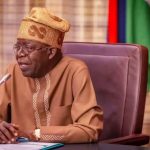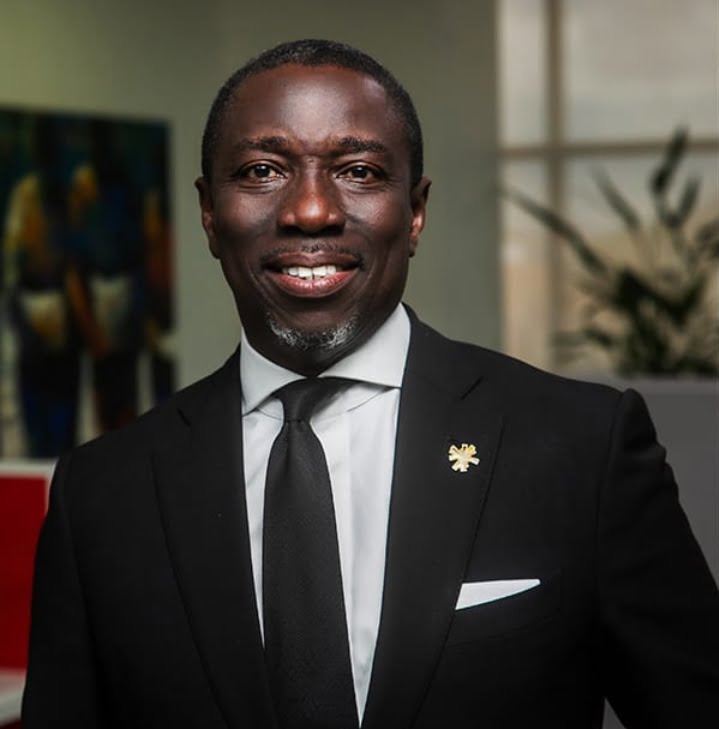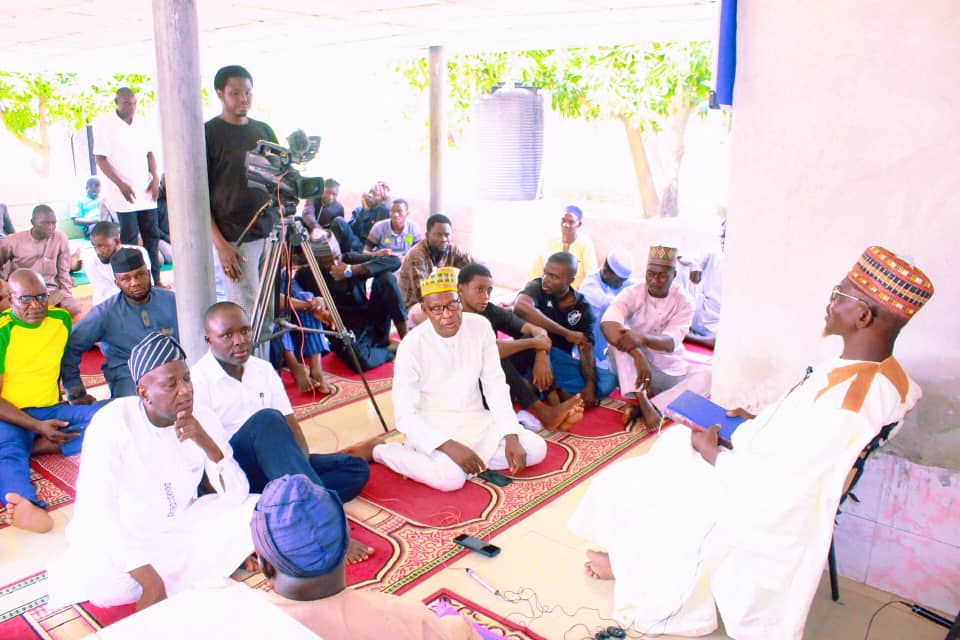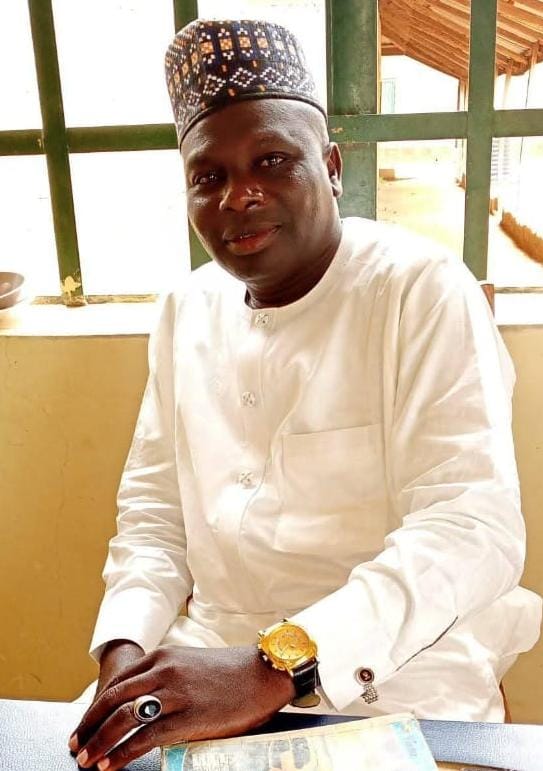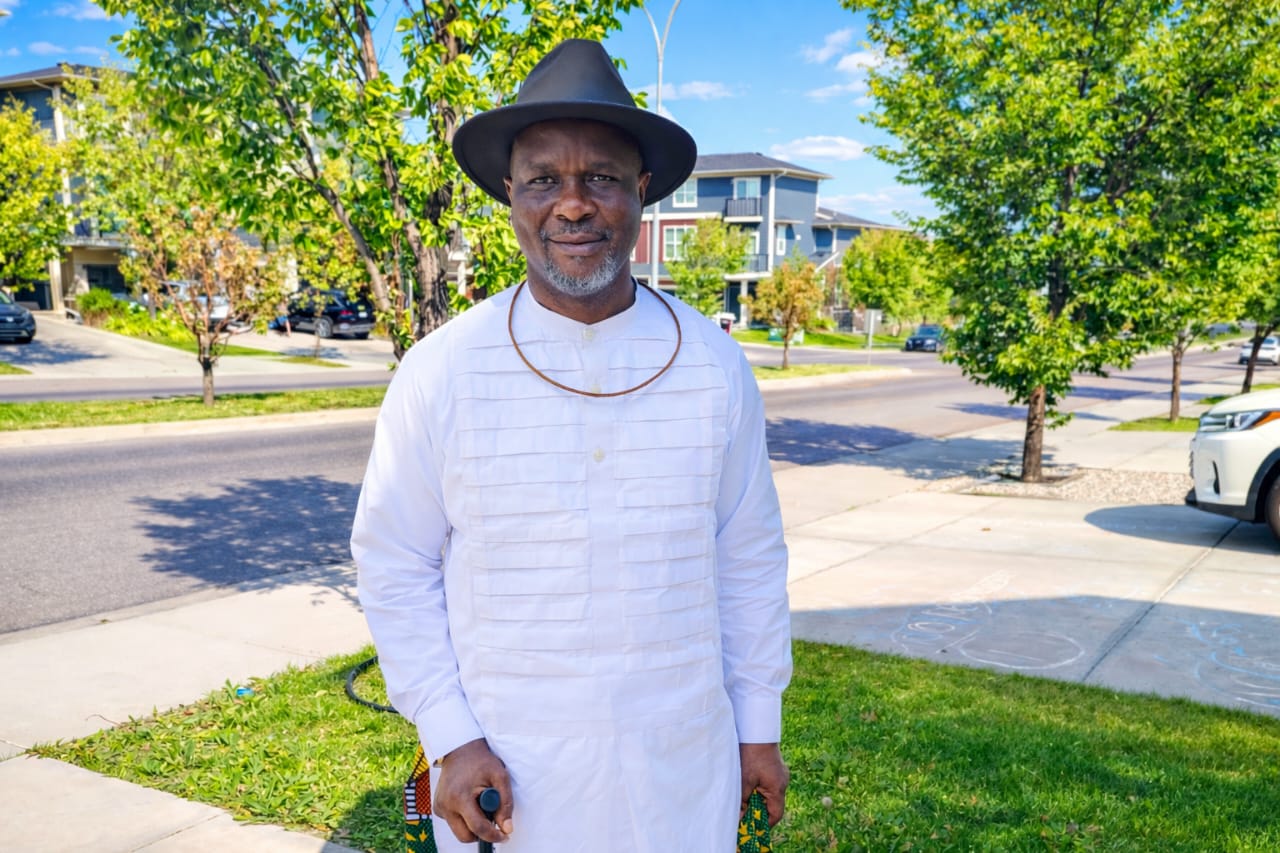In a bold move, President Aigbokhan, a prominent public interest advocate and leading counsel for the Labour Party, proudly endorses Dr. Asue Ighodalo for the governorship election scheduled for September 21. This endorsement is firmly grounded in The PDP flag bearer’s manifesto, “Pathway to Prosperity for All”.
The manifesto outlines a robust plan to support and empower women across the state. Central to this vision is a commitment to achieving “gender balance at all levels of leadership,” reflecting a deep understanding of the need for equitable representation in governance. The manifesto also promises to forge partnerships with NGOs and Development Finance Institutions (DFIs) to facilitate access to finance for women-owned small and medium-sized enterprises, thereby fostering economic growth and independence.
The manifesto includes a pledge to broaden healthcare coverage, ensuring that women in both the formal and informal sectors benefit from a comprehensive health insurance program. This forward-thinking approach underscores a dedication to addressing the specific needs of women and ensuring their well-being is prioritised. By integrating these measures, the PDP candidate not only addresses critical gaps but also lays the groundwork for a more inclusive and equitable future for all.
Dr. Asue’s manifesto is model and distinguished. It acknowledges the barriers women often face in competing for leadership positions. He stands out as the only candidate who has championed progressive gender quotas at the sub-national level, demonstrating a clear commitment to leveling the playing field. This approach not only breaks new ground but also paves the way for a more equitable and representative governance structure.
He advocates for bringing women together and empowering them to take on leadership roles. His dedication to inclusivity is evident throughout his manifesto, which is purposefully designed to ensure that every woman in the state is heard and valued. As a governor, I know he will be committed to creating an environment where women are not only represented but also actively engaged and influential in shaping the future of Edo State.
The most significant commitment that can be extended to any caucus is the guarantee of equitable representation and comprehensive inclusion. Gender balance in leadership within sub-national governments in Africa remains a substantial challenge, hindered by entrenched socio-cultural norms, historical inequalities, and structural barriers. Despite these obstacles, there are notable efforts and examples of sub-national regions making strides toward gender balance, particularly at the local government level. These initiatives demonstrate a growing recognition of the importance of diverse and representative leadership. By addressing these challenges head-on and promoting equitable representation, regions can pave the way for more inclusive governance and better reflect the diverse needs of their populations.
Currently, no state in Nigeria achieves equal representation of women in leadership, but Dr. Asue of the PDP is poised to make history by advancing gender equity in Edo State. Comparatively, Rwanda is globally recognized for its commitment to gender equality, with women holding significant leadership roles at both provincial and district levels. Kigali City and various district councils exemplify high female representation.
In South Africa, provinces such as Gauteng and Western Cape have seen increased female representation in cabinets and municipal leadership. Namibia’s innovative “zebra” system alternates men and women on electoral lists, fostering gender parity. Addis Ababa, the capital of Ethiopia, reflects a broader push for gender equity with women occupying major positions, including the mayoral role. Kampala also showcases efforts towards gender balance, with the Kampala Capital City Authority (KCCA) often featuring female leaders in key roles. These examples demonstrate how targeted policies and systems can promote gender balance and inclusive leadership, offering valuable models for Edo State to emulate.
In the 2019 Finnish elections, the strong focus on gender equality and progressive social policies played a pivotal role in shaping the outcome. This resonated deeply with a significant portion of the electorate, particularly younger voters; leading to Sanna Marin becoming the world’s youngest serving prime minister. Her commitment to gender equality was a central factor in her election.
Similarly, in the 2020 general elections in New Zealand, Jacinda Ardern’s re-election as Prime Minister was largely attributed to her emphasis on gender equality. Her government’s implementation of gender mainstreaming measures across various sectors was a key element in her victory. This approach not only reinforced her party’s platform but also contributed to one of the largest majorities in New Zealand’s parliamentary history, demonstrating the electorate’s strong support for progressive and inclusive leadership.
A political manifesto holds profound significance for numerous reasons. It serves as a compass for vision and clarity, articulating the core values, aspirations, and objectives of a political party or candidate. By presenting a well-defined agenda, it illuminates the candidate’s stance and the goals they intend to achieve upon election. Essentially, a manifesto acts as a touchstone by which campaign promises are evaluated, making it imperative that it is embraced with earnest commitment.
As society progressively embraces women in leadership roles, some women occasionally find themselves sidetracked by external influences such as party affiliation, ethnicity, and tokenism. These factors can unwittingly divert them from seizing opportunities for advancement. Such behavior may inadvertently reinforce the perception that women are obstructing their own progress, thus becoming their own stumbling blocks.
In Edo State, 39% of the populace is between the ages of 18 and 40, and an impressive 90% of our residents are literate, far surpassing the national average of 69%. Moreover, approximately 91.6% of women in Edo State have achieved some level of education, as reported by the National Bureau of Statistics. This represents a significant reservoir of human capital, a veritable goldmine of potential. There is no justification for overlooking or failing to harness this opportunity for advancement and development.
Women advocacy groups must rise above party lines and actively support the PDP candidate who has demonstrated genuine commitment to their cause. It is imperative that they not only cast their votes but also defend the candidate who has shown a profound understanding and dedication to advancing women’s issues. This advocacy is crucial in ensuring that the candidate who truly values and prioritizes women’s contributions and concerns is elected. By uniting in this effort, these groups can leverage their collective influence to drive meaningful change and secure a leadership that genuinely reflects their values and aspirations. After all, behind every strong leader is a support that never wavers—when women lift up men who champion equality, they build a foundation where everyone stands on equal ground.
President Aigbokhan is a public interest lawyer. He can be reached via president@foicounsel.com +2348032683434





